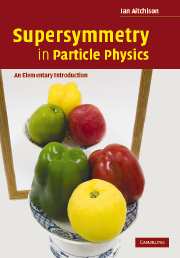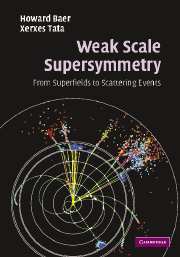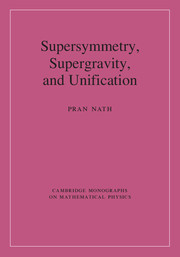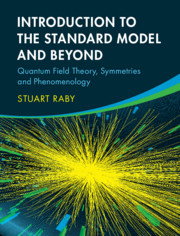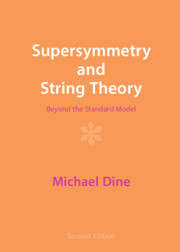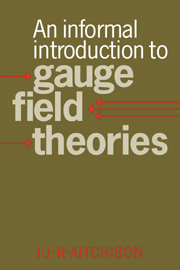Supersymmetry in Particle Physics
Supersymmetry represents the culmination of the search for fundamental symmetries that has dominated particle physics for 50 years. Traditionally, the constituents of matter (fermions) were regarded as different from the particles (bosons) transmitting the forces between them. In supersymmetry, fermions and bosons are unified. Intended for graduate students in particle physics, and researchers in experimental and phenomenological supersymmetry, this textbook, first published in 2007, provides a simple introduction to a previously formidably technical field. Its elementary, practical treatment brings readers to the frontier of contemporary research, in particular the experiments at the Large Hadron Collider. Theories are constructed through an intuitive 'trial and error' approach. Basic elements of spinor formalism and superfields are introduced, allowing readers to access more advanced treatments. Emphasis is placed on physical understanding, and on detailed derivations of important steps. Many short exercises are included, making for a valuable and accessible self-study tool.
- Builds on information from standard relativistic quantum mechanics courses, and also introduces new topics from scratch, so useful to readers at all levels
- Constructs theories using a 'trial-and-error' approach rather than a formal deductive one, allowing for an intuitive understanding of this formal subject
- Contains many short exercises that are useful for self-study
Reviews & endorsements
"If you are a physics student with good knowledge of quantum field theory or an experimentalist working on high-energy physics, and need a quick reference on supersymmetry (SUSY) on which you can find the rationale behind it, in addition to the most useful cross-section formulae, then the book by Ian Aitchison is probably the best choice for you. If you have no idea about SUSY but want (or need) to learn its basics, again this is a very good choice. "
Diego Casadei, NYU and CERN
"Attention is paid to making a clear presentation. In particular, the mathematical descriptions used throughout are easily accessible for anyone familiar with ordinary quantum field theory. In total, this book is an excellent and nearly ideal introduction to the topic of supersymmetry, highly recommendable to anyone who wishes to enter this field as a student or researcher, or for anyone who is only interested in understanding the ongoing discussions on supersymmetric theories."
Axel Maas, Mathematical Reviews
"Any student or practicing physicist who wants to learn about the phenomenological implications of TeV-scale supersymmetry without spending the time to master the more mathematical approaches to the subject would do well to acquire a copy of Supersymmetry in Particle Physics. It is a unique text that has value both on its own accord and as a supplement to larger and more comprehensive texts. This is indeed entry-level supersymmetry in its best and most practical sense."
Lisa Everett, Physics Today
Product details
October 2007Hardback
9780521880237
238 pages
254 × 176 × 18 mm
0.63kg
15 b/w illus. 39 exercises
Available
Table of Contents
- 1. Introduction and motivation
- 2. Spinors: Weyl, Dirac and Majorana
- 3. A simple supersymmetric Lagrangian, and a first glance at the MSSM
- 4. The supersymmetry algebra and supermultiplets
- 5. The Wess-Zumino model
- 6. Superfields
- 7. Vector (or gauge) supermultiplets
- 8. The MSSM
- 9. SUSY breaking
- 10. The Higgs sector and electroweak symmetry breaking in the MSSM
- 11. Sparticle masses in the MSSM
- 12. Some simple tree-level calculations in the MSSM
- References
- Index.

